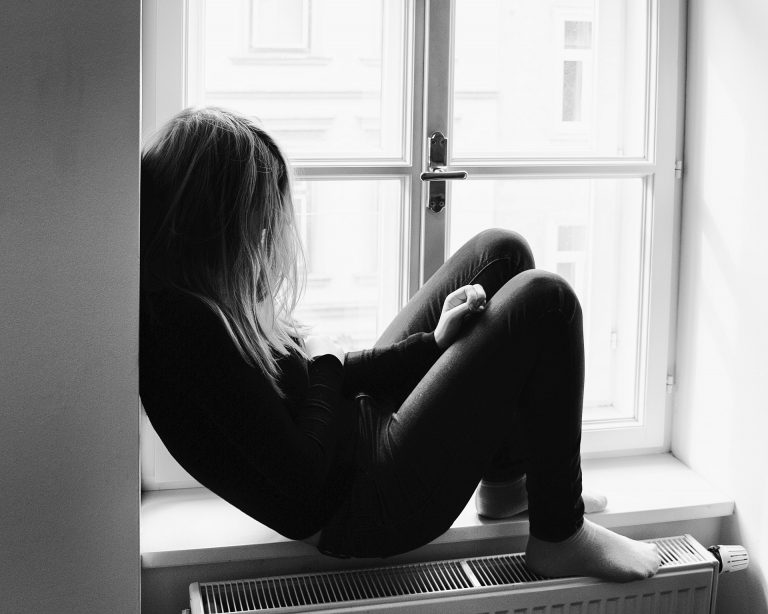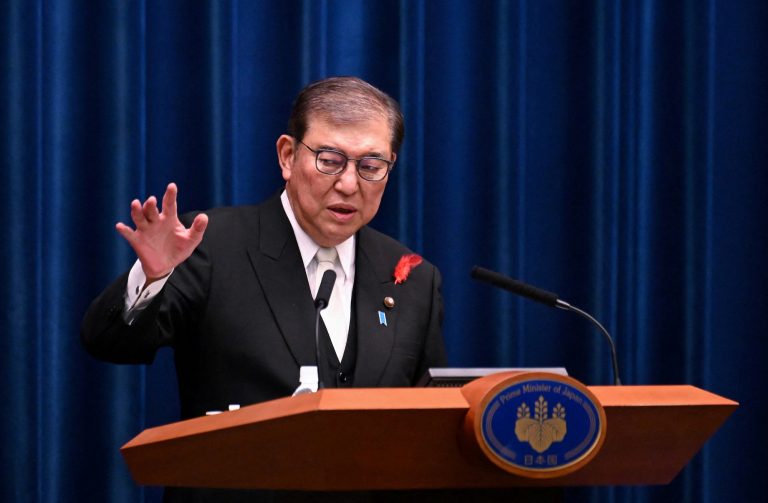A record number of youngsters in the UK are being prescribed antidepressants by the National Health Service (NHS). There has been a steep rise in mental health issues, especially among children and youngsters over the past year during the Coronavirus Disease 2019 (COVID-19) pandemic.
In 2020, the number of prescriptions given to children between the ages of 5 and 16 went up to 231,791 from 189,457 in 2016, a spike of 22 percent. Antidepressant prescriptions increased by 20 percent for children aged 5 to 11 and by 23 percent for individuals aged 11 to 18.
Children were already dealing with numerous stressors prior to the onset of the pandemic, including school pressure, bereavement, and instances of bullying. The coronavirus outbreak exacerbated the situation.
“The pandemic has exacerbated these pressures, with many young people experiencing isolation, loneliness, and worries about the future. While antidepressants can play a role in supporting some young people’s mental health, it’s crucial that they are never seen as a substitute for fast access to talking therapies, especially for younger children,” Tom Madders, a member of the charity group YoungMinds, said to The Times.
However, due to a shortage of qualified psychologists, pills are often given to children instead of therapy sessions. “Antidepressants are becoming more commonplace in child clients. Often these are handed out for mild pathological versions of anxiety or depression,” child psychotherapist Catherine Knibbs said to Daily Mail. Children suffering from physical complications like headaches and irritable bowel syndrome are also given these pills.
Success
You are now signed up for our newsletter
Success
Check your email to complete sign up
A report by The Pharmaceutical Journal notes that the increase in antidepressant prescriptions to children often peaked during each of the UK’s national lockdowns. In the first lockdown during Mar. 2020, 27,757 young people were prescribed antidepressants. This was an eight percent increase compared to Mar. 2019. For the first time, the number of prescriptions given to young females exceeded 17,000. During the two additional lockdowns in Dec. 2020 and Jan. 2021, this trend persisted.
According to Chris Martin, chief executive of a charity focusing on issues for people under 25, the hike in antidepressant prescriptions was consistent with trends they had been observing. Low mood, depression, and anxiety were some of the primary reasons youngsters under 25 reached out to their charity, he said.
“We must empower young people to have a more balanced approach to social media – this means spending time away from screens, focusing on positive content, and seeking support early when they need it,” Martin stated.







